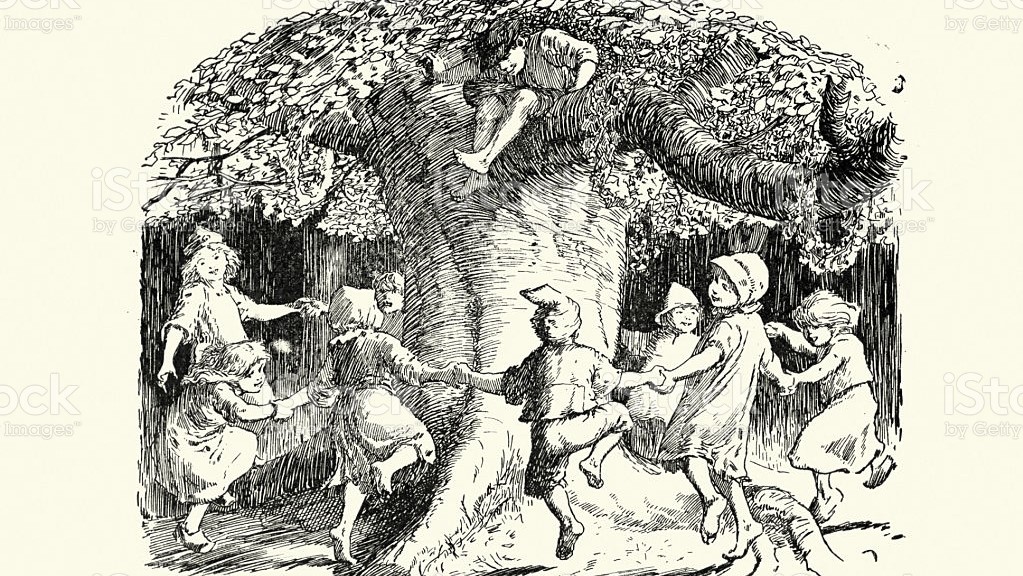The Hidden Logos of Fairy Tales

Throughout many cultures, fairy tales and folk legends have existed to harbor a message which could be interpreted through 2 significant lenses; either as simply entertaining tales with a moral message, or a well-disguised, deeply esoteric documentation of reality, revealing secrets about the nature and manifestation of the supreme logos.
One puzzling factor has always caught the attention of students of folk stories. Amongst the great variety of cultures, similarities in the details keep surfacing. Dragons breathe fire, guarding their domains, whether in the folk tales of Peru or in the complex literature of ancient China. Fairies fly and have supernormal abilities; elves continue to delight, bringing whimsy and humor to life.
These stories were not simply written before the present period of cultural homogeneity, but also from the distant ages where which humans were oblivious to the abstract concept of literal communication. Civilizations in the past have tried to contain the communication of literary metaphysics in an effort to solidify the material dominance of state over spiritual enlightenment. Furthermore, the objectification of abstract concepts can jeopardize the heartfelt intentions of the writer, turning his works into nothing more than another victim of mass-production and capitalization or otherwise lose its meaning to what it originally intended to imply.
Consequently, conceptual metaphysics lost its meaning to a world dominated by the “cult of logic and reason.” As humans began to adopt modern technological and scientific processes, coupled with the degeneration of human morals, we gradually lost our innate ability to communicate with the metaphysical realm. We lost our connection to the multitude of beings that permeates the cosmic realm. Henceforth, with each coming generation, the existence of metaphysical beings have been delegated deeper and deeper into the existential subset known as fantasy and fiction. As society continues to progress, the metaphysical realm will fade further and further with respect to sane human cognition.
People Have Changed
“Back then, the fairies would show themselves to people much more often. And people believed in us. They asked for our help in times of drought or when their cattle were lost.”
“They thanked us with the sweetest, most precious gifts. They have created holidays in honour of us and often, we were invited by leaders to join those holidays.”
“But then people changed,” “they were not ruled by kindness anymore. They had new leaders. Stronger. Overwhelming. That made their hearts cold and darkened their minds. Greed and thirst for power were the new leaders. People wanted to possess, not to feel anymore. And when those new feelings possessed their hearts, people began to hate everything was beautiful and pure. They started to hate us and then hate each other.”
Many contemporary writers have pondered upon this metaphysical theory. I personally believe it’s rather plausible considering the existing theological evidence presented in Buddhism and Christianity. That the human moral standard will decay and mankind will enter a phase of materialism and greed. Humans will eventually, time and time again, become cursed by our own greed and destruction of the natural environment.
Eventually, the human knowledge of the metaphysical realm will diminish further and further, until ultimately, atheism overtakes the human psyche. The denial of the metaphysical implies there are no higher beings observing what actions humans are undertaking. Which automatically implies relativistic morality and the destruction of the human race.
Comments |0|
Tags: Fairies, Industrialisation, Logos, Metaphysics, Modernism, Philosophy